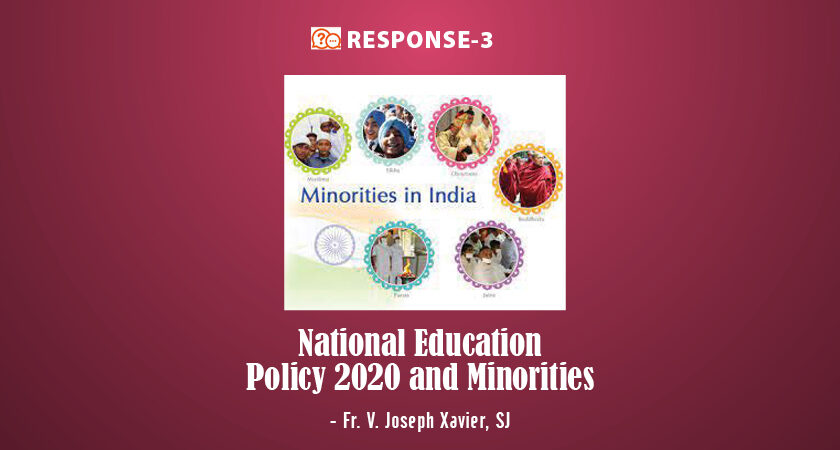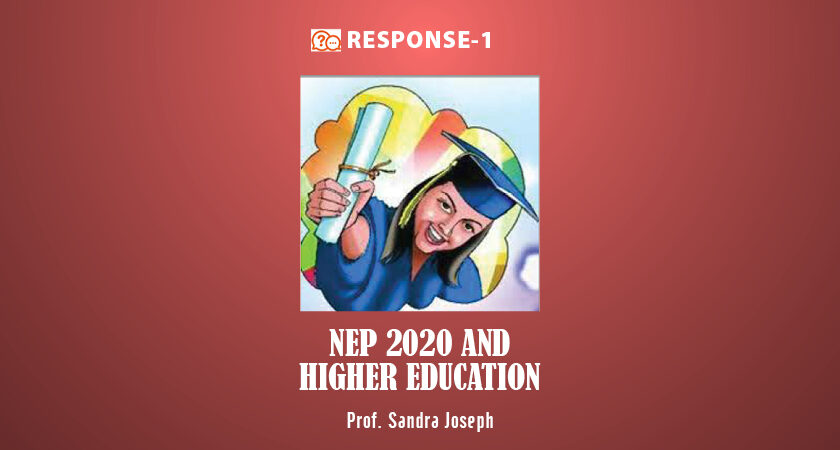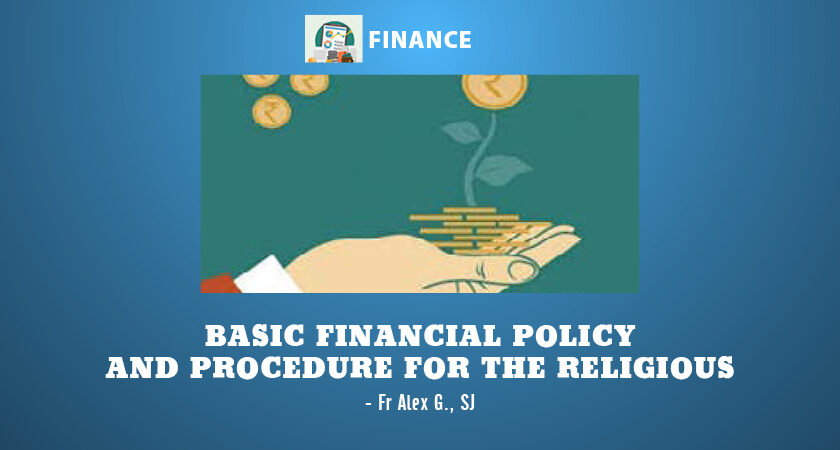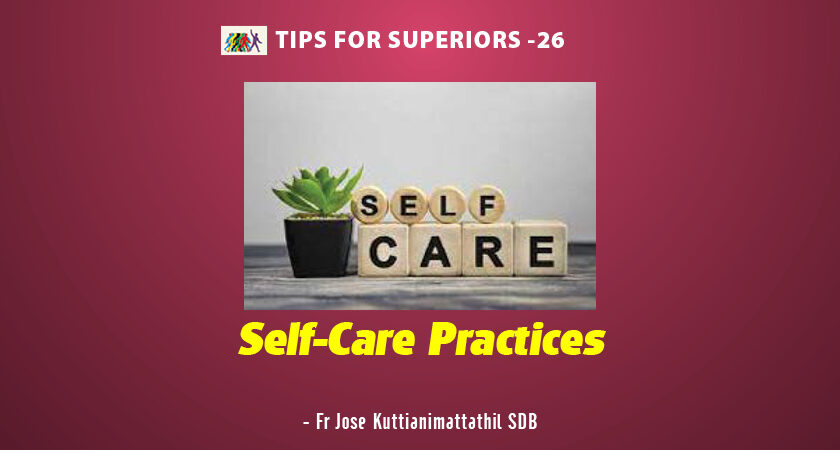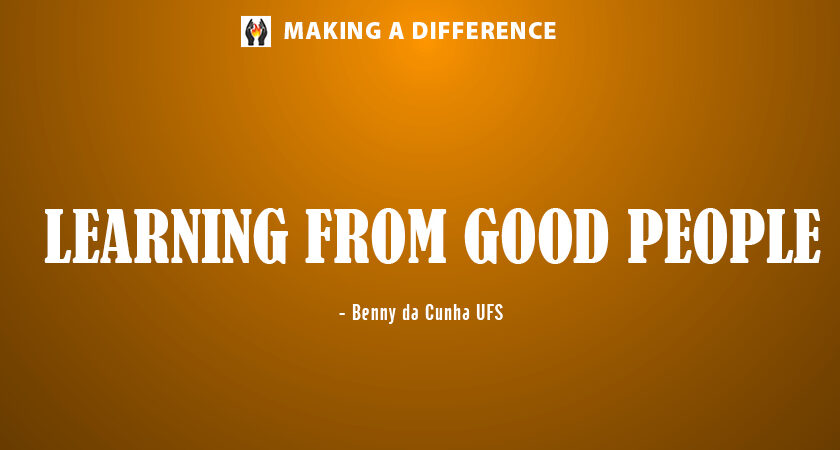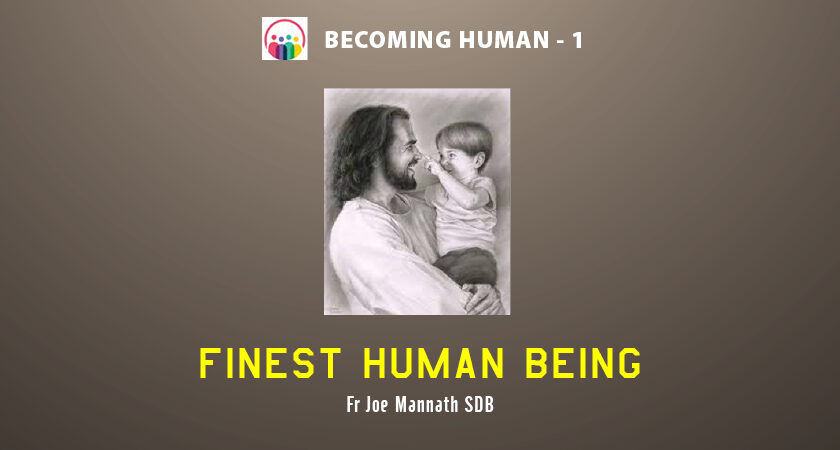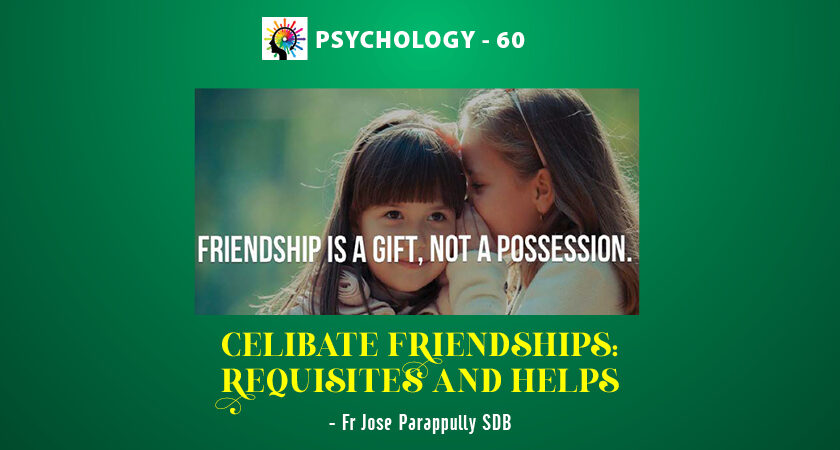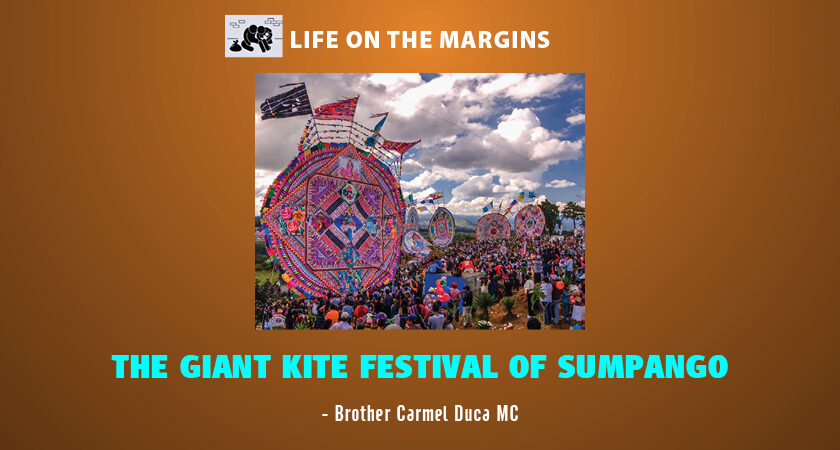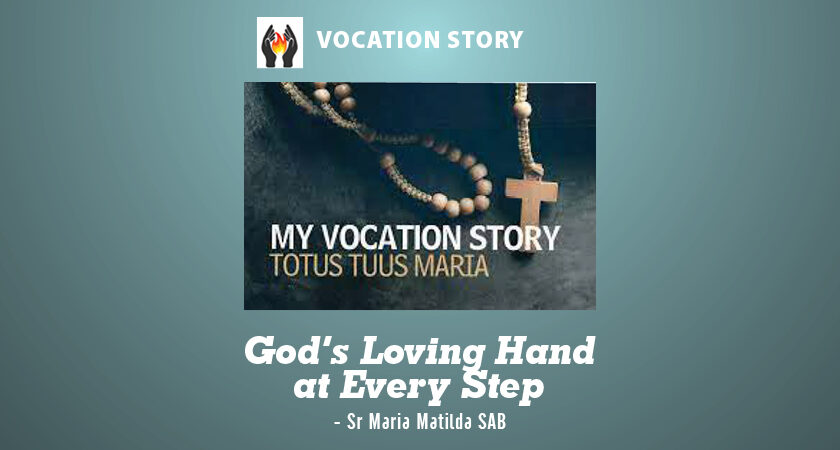Introduction
The Bhartiya Janata Party (BJP) promised a new education policy in its election campaign in 2014. The New Education Policy was drafted by a committee under the chairmanship of K Kasturirangan. It was released soon after the BJP government was sworn in a second time, on 30 May 2019. It was modified in 2020 and the National Education Policy 2020 (NEP) was announced. It set the goal of transforming the system of education to meet the needs of the 21st Century India. The NEP is expected to provide an overarching vision and comprehensive framework for both school and higher education across the country. It is the third policy in Independent India. A cursory reading of NEP makes one feel that the policy is to push a particular agenda. Venkatesh Athreya, in “News Click” dated 29 July 2019, commenting on the policy, says that the ‘Draft National Education Policy is Seductive Sophistry in Service of the RSS’.
Focus of the Policy
Before analysing the policy, it would be useful to understand NEP’s view of modern education and how it proposes to reform the educational system. From the 65-page document, it is clear that the purpose of NEP is to restore India’s ancient system of education that was supposed to have existed in the ancient Takshasila and Nalanda. It suggests that India would become a knowledge superpower, if the nation restores the ancient education model. NEP does not analyse who benefitted from the Vedic Education and whether this was accessible to all or was it available only to a socially elite class. It does not say if this ancient system had any democratic values, crucial to contemporary education. What methodology NEP would use to create this idealized ancient education system is overlooked. The reforms suggest a complete restructuring of education by imposing a centrally controlled, regulated and governed system of structures and agencies. It follows the neoliberal capitalist higher education model formulated by Europe and the United States. An overemphasis of the ancient system of education and a leap to the 21st century conceals a discontinuity of historical evolution of educational progress, from the time of the British.
Fr. V. Joseph Xavier, sj
To read the entire article, click Subscribe
